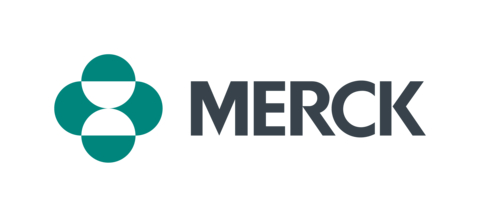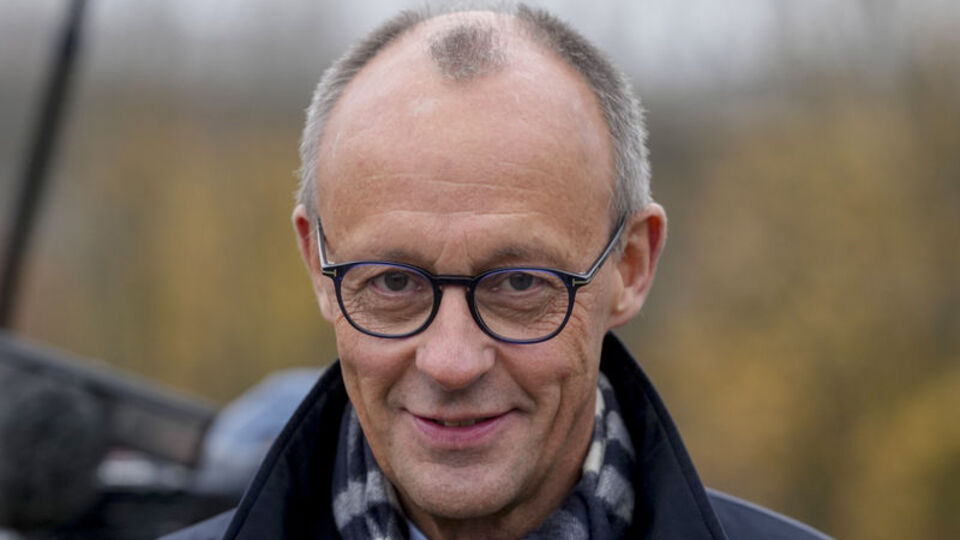
KEYTRUDA Approved in Europe: New Treatment Option


European Commission Approves KEYTRUDA
Merck (NYSE: MRK) announced that the European Commission has approved KEYTRUDA® (pembrolizumab) for use as neoadjuvant therapy for patients with resectable locally advanced head and neck squamous cell carcinoma (LA-HNSCC). This treatment will be administered in conjunction with or following adjuvant therapy involving radiotherapy. For adult patients showing PD-L1 expression (CPS >1), this application is the only available anti-PD-1 treatment option in the European Union (EU).
Dr. Marjorie Green, Vice President of Oncology at Merck Research Laboratories, stated, "This approval represents a promising advancement for patients with resectable locally advanced head and neck squamous cell carcinoma in Europe." She emphasized their pride in expanding the impact of KEYTRUDA in head and neck cancers and their goal of offering innovative approaches.
KEYNOTE-689 Trial Results
The approval from the European Commission is based on the results of the pivotal KEYNOTE-689 Phase 3 trial, which demonstrated a significant improvement in event-free survival (EFS), the primary endpoint. The trial found that the KEYTRUDA-based perioperative regimen significantly reduced the risk of EFS events by 30% in patients showing PD-L1 expression compared to adjuvant radiotherapy (with or without cisplatin).
In line with the positive developments in the PD-L1 field, the median EFS duration increased to 59.7 months in the KEYTRUDA group, while it remained only 29.6 months in the comparator group.
European and Global Approvals
This approval enables the marketing of the KEYTRUDA treatment regimen for this indication in 27 EU member states, as well as in Iceland, Liechtenstein, and Norway. KEYTRUDA was approved in the U.S. for the treatment of resectable LA-HNSCC patients in June 2025, followed by similar approvals in Canada, Brazil, Switzerland, and other countries.
Information on Head and Neck Cancer
Head and neck cancer encompasses various tumors that develop around the throat, larynx, nose, sinuses, and mouth. As of 2022, approximately 947,200 new cases of head and neck cancer were diagnosed globally, resulting in 482,400 deaths. In Europe, this number is about 161,900. Most of these cancers are squamous cell carcinomas.
```Benzer Haberler
.png)
Yakında Tüm Platformlarda
Sizlere kesintisiz haber ve analizi en hızlı şekilde ulaştırmak için. Yakında tüm platformlarda...






.png)